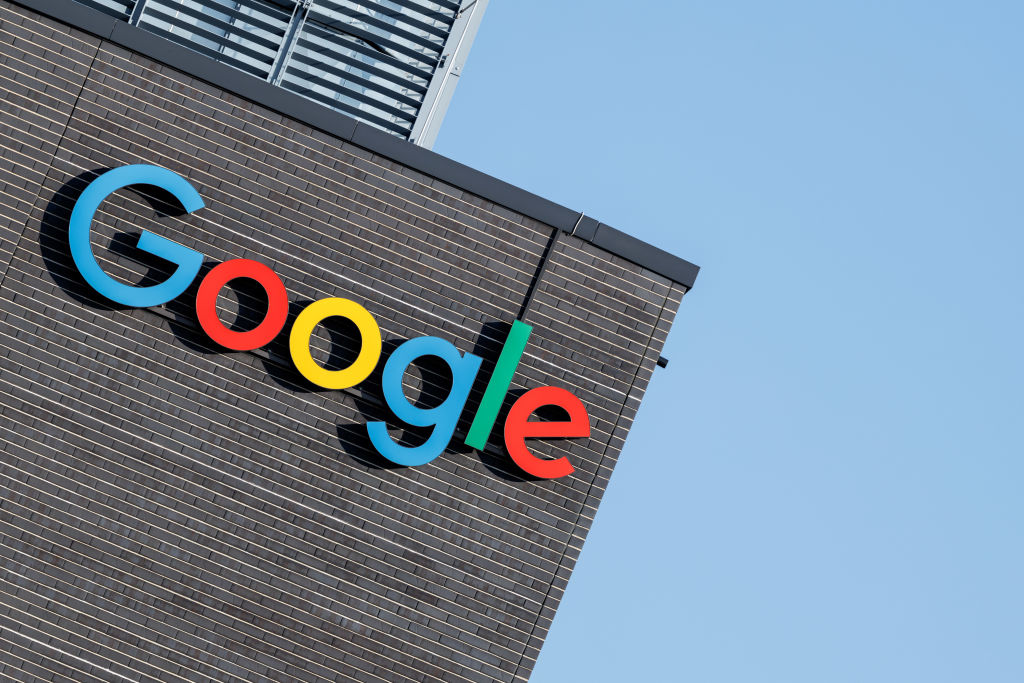
Artificial intelligence (AI) is rapidly transforming the landscape of education, bringing substantial changes from elementary school classrooms to higher education lecture halls. As institutions worldwide adopt new technologies, AI is opening opportunities for tailored learning experiences, automated administrative tasks, and a redefinition of traditional teaching methodologies.
Educators are increasingly integrating AI-driven tools into their lesson plans to enhance student engagement and provide personalized educational experiences. These tools can assess a student’s learning pace, preferences, and areas of struggle, allowing for adaptive learning platforms that cater instruction to individual needs. This level of customization, previously unmanageable with large class sizes, is helping bridge gaps in understanding and promote academic success across diverse learning populations.
In addition to improving teaching, AI simplifies administrative processes such as grading, student performance analysis, and curriculum development. Automated grading systems are enabling teachers to allocate more time to developing lesson plans and offering one-on-one support. Furthermore, AI data analysis tools are aiding schools and universities in identifying performance trends and adjusting strategies to boost overall student outcomes.
Universities are also leveraging AI for predictive analytics to identify students at risk of falling behind. These systems can alert educators early, allowing timely interventions. Beyond academics, AI chatbots are being deployed for student services, offering 24/7 assistance for queries related to course scheduling, financial aid, and campus resources.
Despite its advantages, the integration of AI in education has raised critical discussions about data privacy, algorithmic bias, and the role of human educators. Critics argue that overreliance on AI may depersonalize teaching and potentially create equity issues if schools with limited resources fail to keep pace with technological advancements.
Nonetheless, experts agree that when implemented thoughtfully, AI can serve as a powerful assistant—enhancing rather than replacing human educators. As technology continues to evolve, education systems will need to balance innovation with ethical considerations, teacher training, and equitable access to ensure that all students benefit from the AI-driven future of learning.
Source: https:// – Courtesy of the original publisher.








